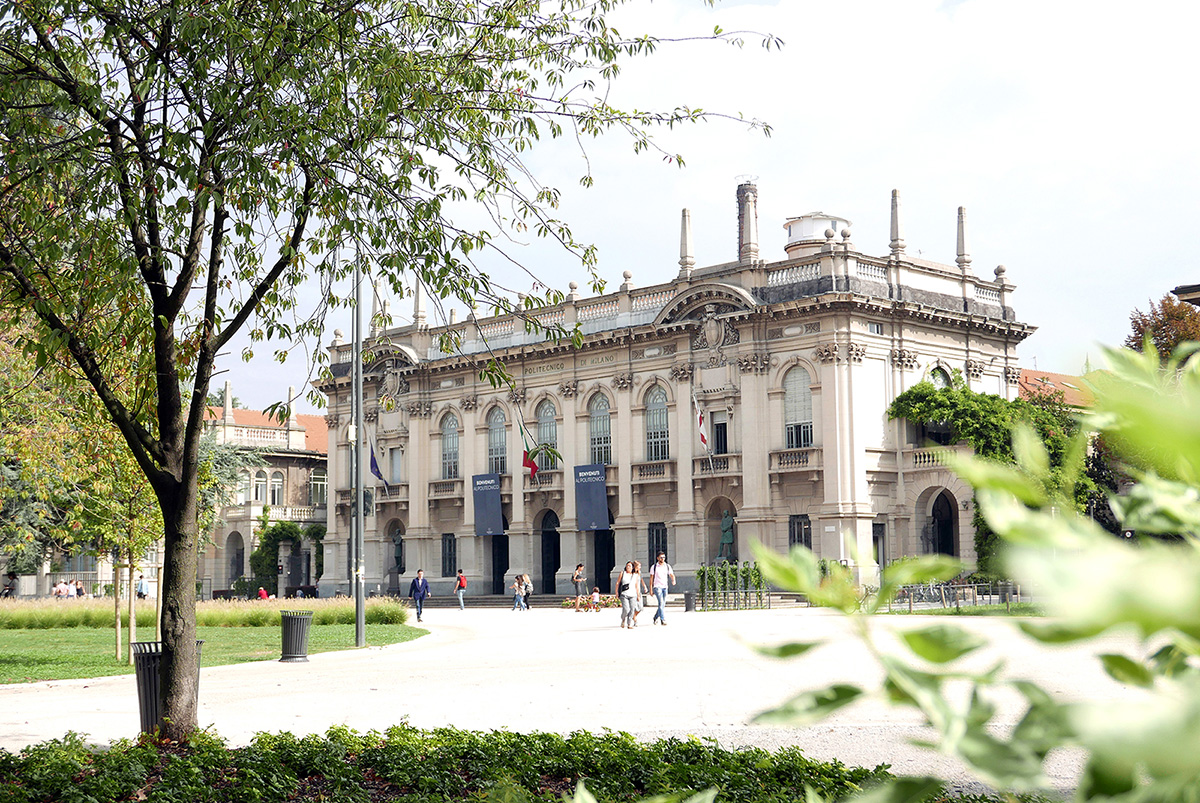Aggregazione dei criteri
Il corso è stato spostato
Il corso che stai cercando è stato spostato per un rinnovamento del sito, ma è ancora disponibile. Prova a usare la ricerca nella pagina “Tutti i corsi”!
